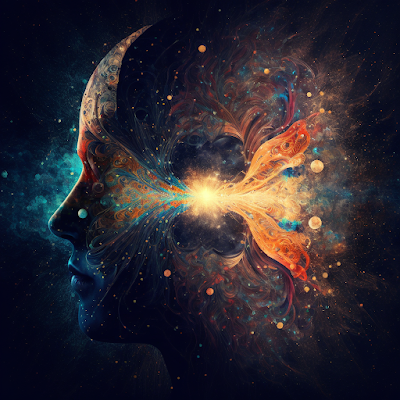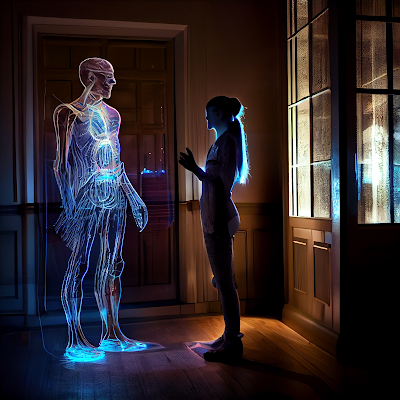The world of dreams: Why do we dream?
Introduction
Dreams are
an enigma that has puzzled scientists and psychologists for centuries. While
the purpose of dreaming remains unknown, several theories have been proposed to
explain why we dream. In this blog post, we will explore these theories and examine
how dreams can serve a cognitive, emotional, or physiological function, or be a
byproduct of neural activity.
Cognitive Function Theory
According to
the cognitive function theory, dreams serve as a way for the brain to process
and organize information received during the day. The illogical and random
images and events in dreams help the brain to make sense of the information,
think through problems, and find solutions. Dreams can provide insight into
unresolved issues and help individuals connect seemingly unrelated concepts.
Emotional Function Theory
The
emotional function theory suggests that dreams serve as a way for the brain to
process and regulate emotions. Dreams can help individuals work through
emotional experiences, cope with stress, and resolve emotional conflicts.
Dreams can provide a safe space for individuals to express their emotions
without fear of judgment or repercussion.
Physiological Function Theory
The
physiological function theory suggests that dreams serve as a way for the body
and mind to recover from the stresses of the day. During REM sleep, the body
and mind undergo a restorative process that helps the body heal and prepares
the mind for the next day. Dreams during this phase of sleep can aid in this
process and ensure that individuals wake up refreshed and ready for the day.
Byproduct Theory
The
byproduct theory suggests that dreams do not serve any specific function but
are a result of neural activity during sleep. The brain generates random and
meaningless images and events that individuals experience as dreams. This
theory proposes that dreams are simply a byproduct of the brain's activity
during sleep and do not serve any specific purpose.
Conclusion
The purpose
of dreaming remains a mystery, but research suggests that all of these theories
may play a role in the experience of dreaming. While some dreams may serve a
cognitive function, others may serve an emotional or physiological function,
and some may simply be a byproduct of neural activity. It may be that the true
purpose of dreams is a combination of these various functions, and that the
purpose of dreams is unique to each individual and may change over time.
Regardless, continued study of dreams can provide insight into the workings of
the human mind and the nature of human experience.














Comments
Post a Comment